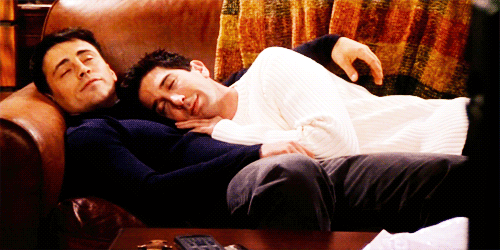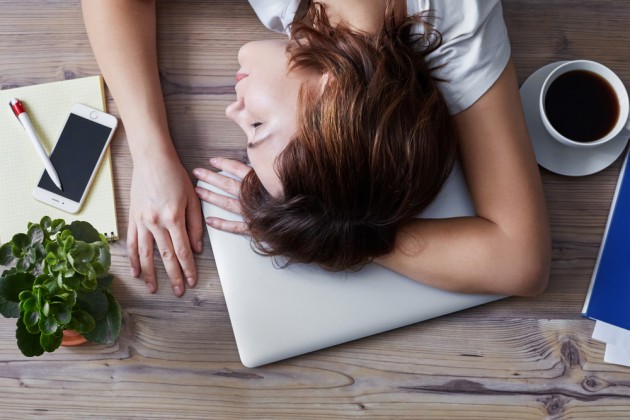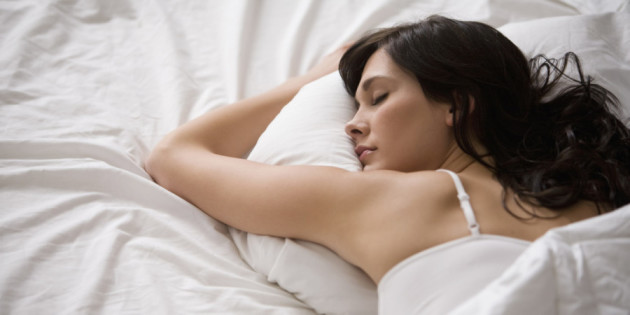
Power naps can make you a happier person, according to study
So, it turns out taking regular power naps can actually make us happier.
In a recent study conducted by the University of Hertfordshire, researchers asked over 1,000 participants to rate their happiness levels and note whether or not they napped throughout the day.
The subjects were then divided into three groups – non-nappers, short nappers and long nappers.

Results found that approximately 67 percent of short nappers claimed to feel happy, while just 56 percent of long napper and 60 percent of non-nappers said the same.
According to Red Online, Richard Wiseman, Psychologist Professor at the university said:
"Previous research has shown that naps of under 30 minutes make you more focused, productive and creative, and these new findings suggest the tantalising possibility that you can also become happier by just taking a short nap."
"Similarly longer napping is associated with several health risks and again, this is in line with our results."

Short 'power' naps actually come with a whole host of health benefits.
A separate study carried out by NASA found that 26-minute naps could boost alertness by up to 54 percent.
We won't argue with those statistics.

Professor Wiseman also stressed the need for workplaces to provide quiet napping areas for their employees.
"A large body of research shows that short naps boost performance. Many highly successful companies, such as Ben & Jerry's and Google, have installed dedicated nap spaces, and employees need to wake up to the upside of napping at work."
Now, there's an idea we can definitely get behind.






















